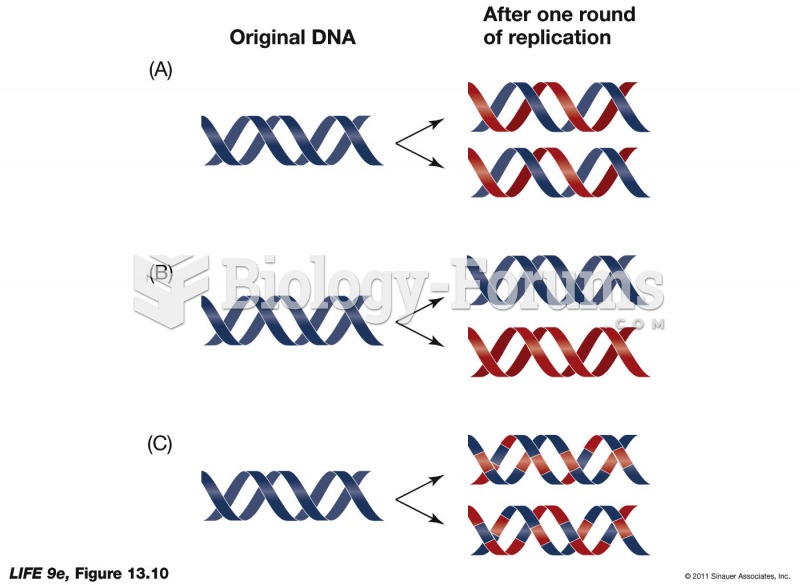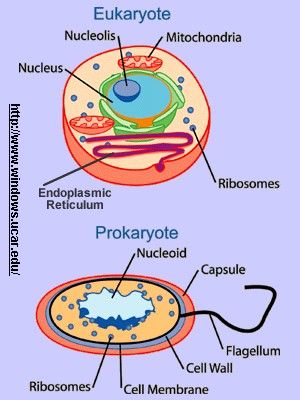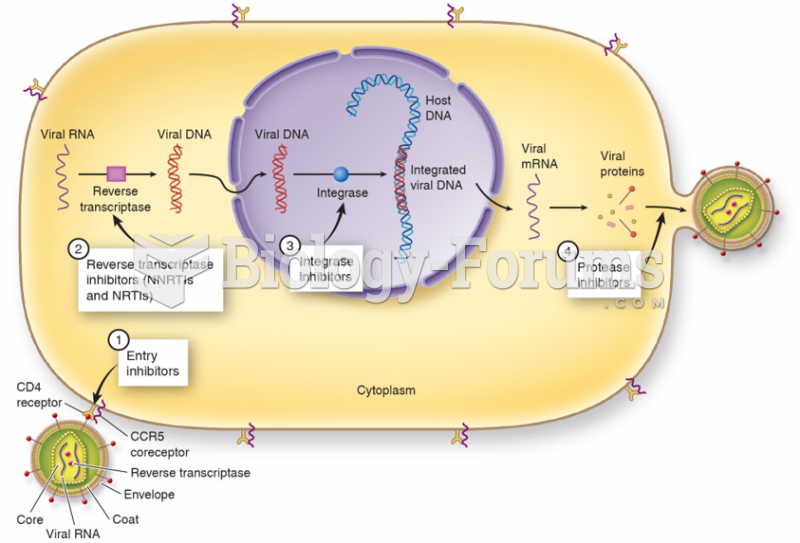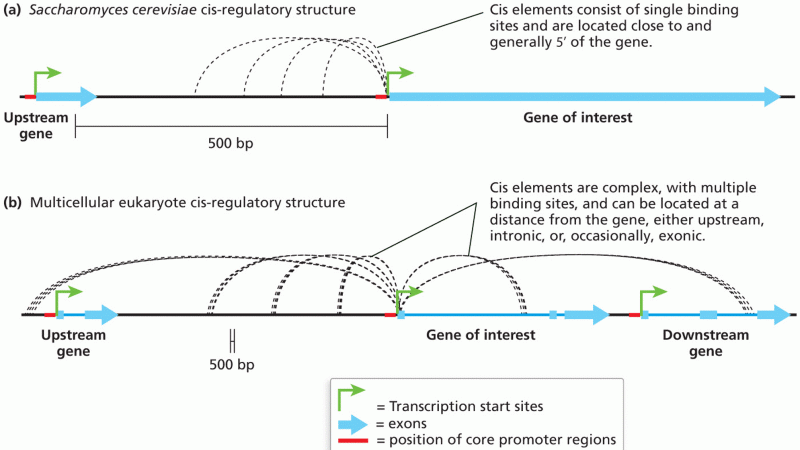|
|
|
Interferon was scarce and expensive until 1980, when the interferon gene was inserted into bacteria using recombinant DNA technology, allowing for mass cultivation and purification from bacterial cultures.
Illicit drug use costs the United States approximately $181 billion every year.
The average human gut is home to perhaps 500 to 1,000 different species of bacteria.
A strange skin disease referred to as Morgellons has occurred in the southern United States and in California. Symptoms include slowly healing sores, joint pain, persistent fatigue, and a sensation of things crawling through the skin. Another symptom is strange-looking, threadlike extrusions coming out of the skin.
Green tea is able to stop the scent of garlic or onion from causing bad breath.







